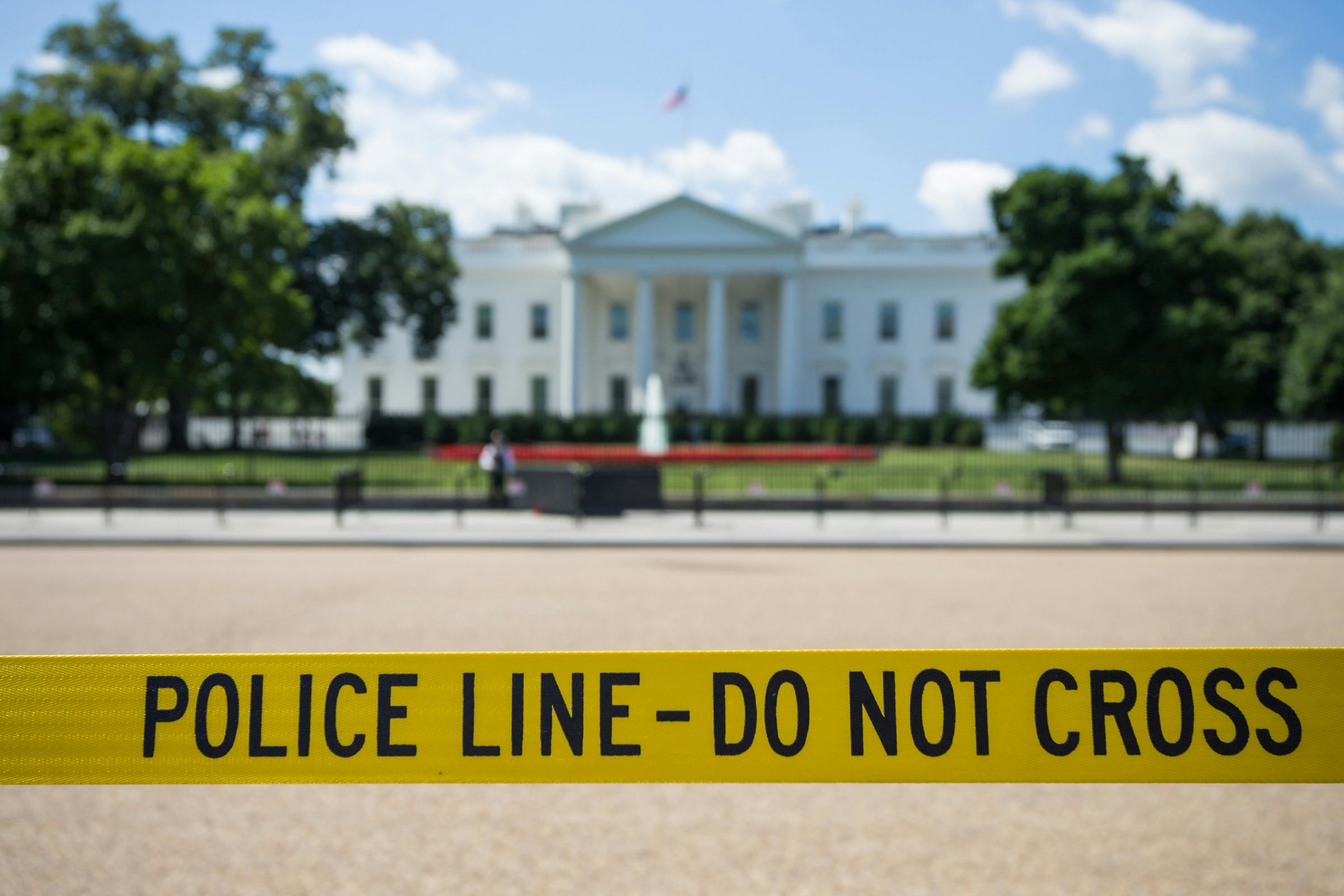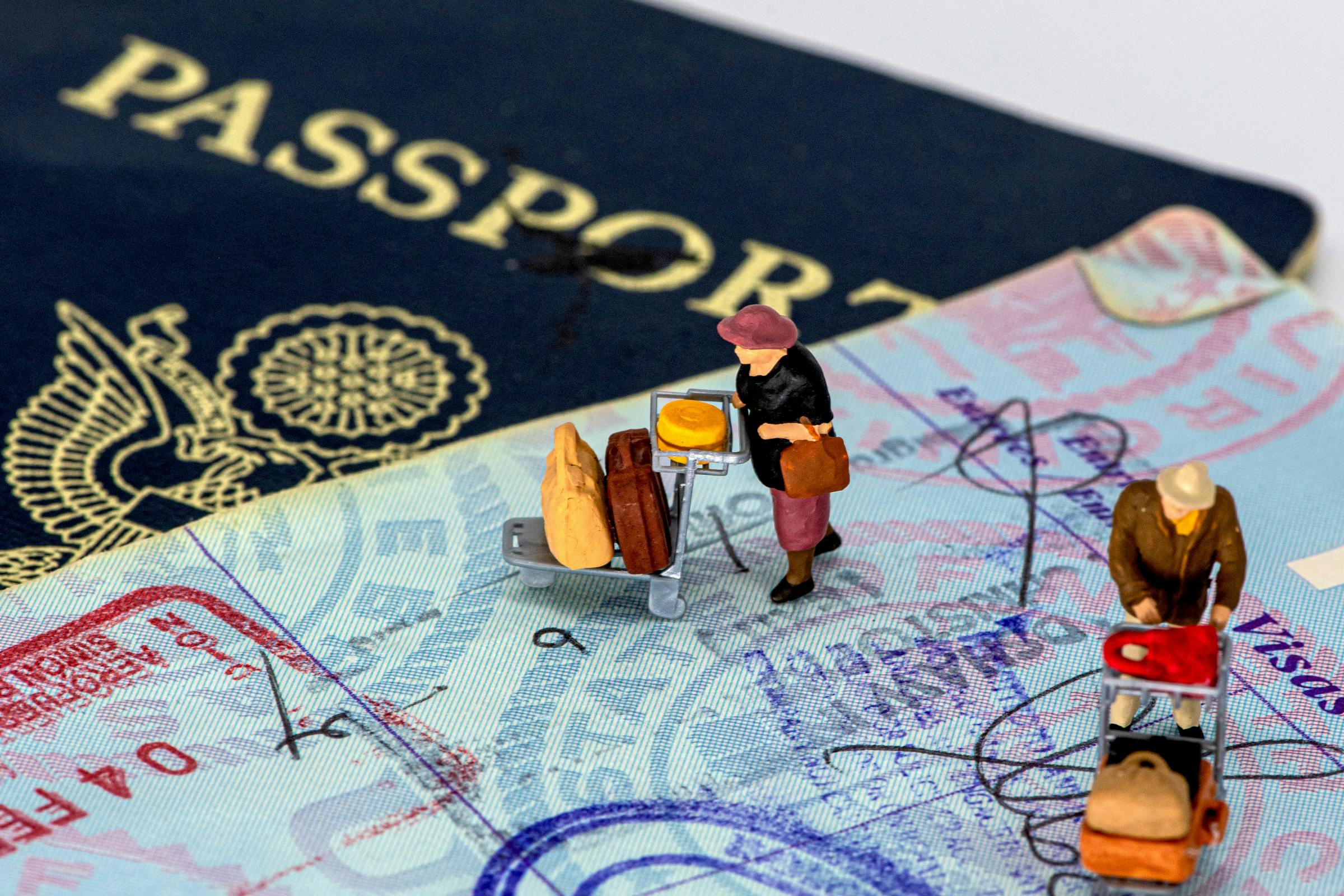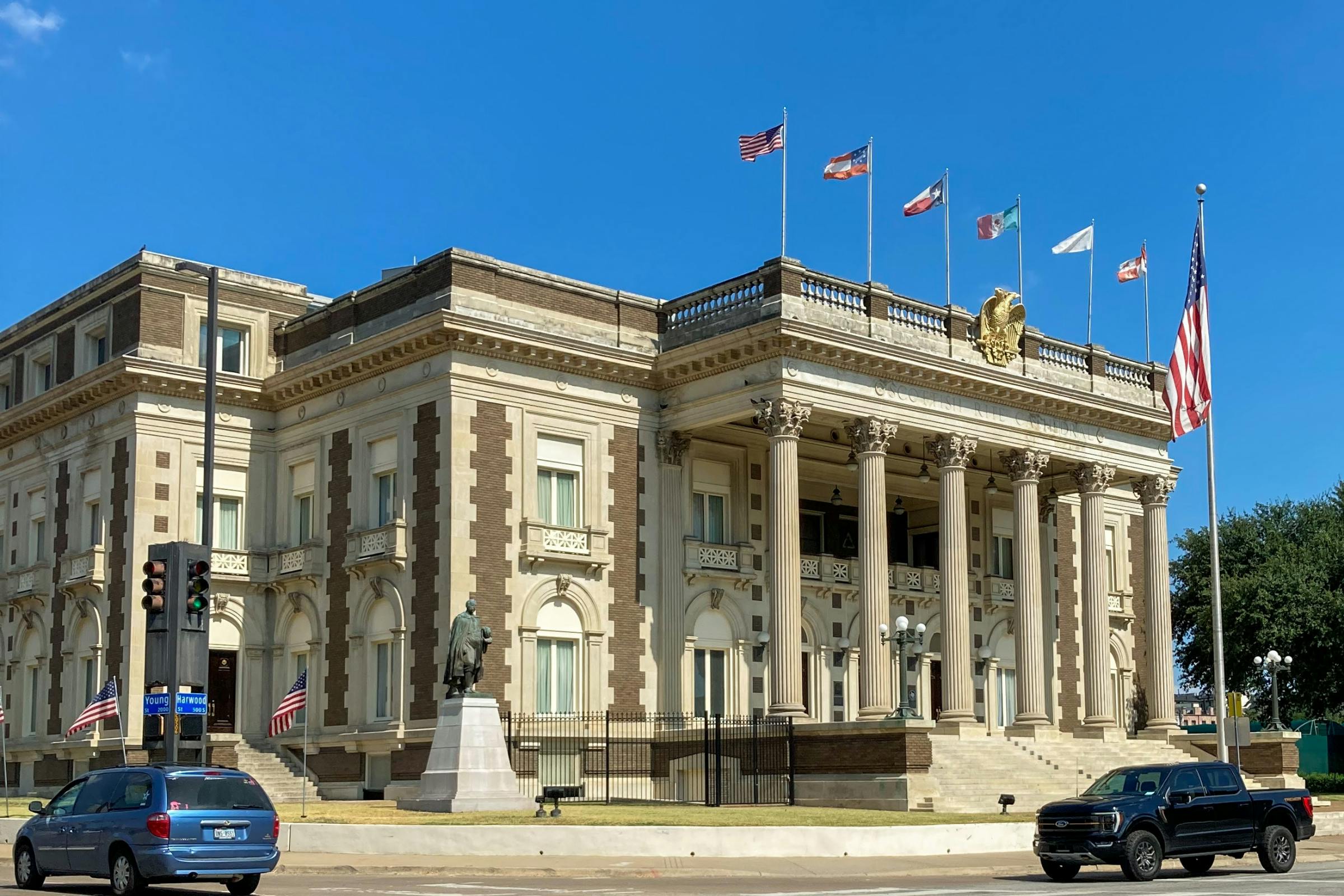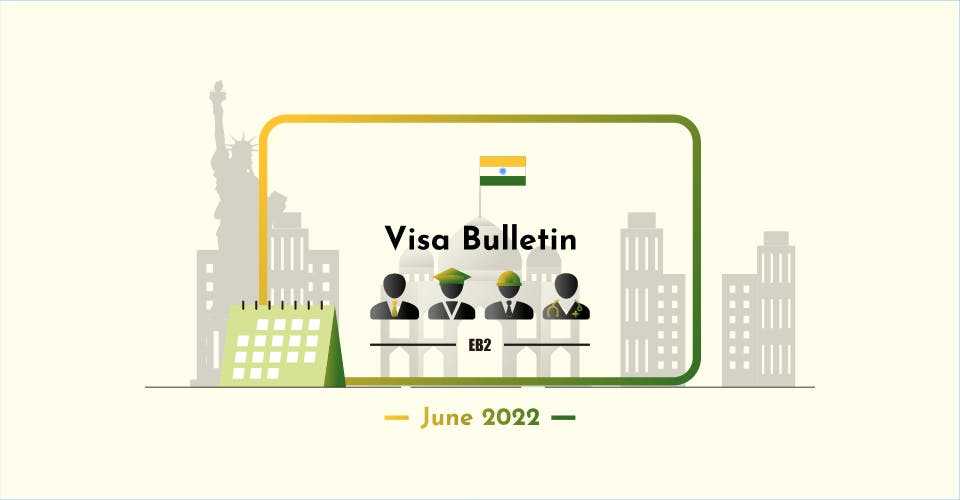Spending Arguments With No Apparent Resolution
Much of the country runs on private businesses that operate outside of federal funding. But those entities that are part of the federal government are widespread and crucial to the overall economy and nation, like public schools, police forces, and certain research facilities. When the government can’t agree on how to fund these organizations through an appropriations bill, the government shuts down.
It has happened in the past, and although it isn’t fun for anyone, we all get through it, as many government functions remain active. The overarching impact depends on the agencies, though, and it’s likely that this time, immigration would be affected.
While the government shutdown isn’t a definite yet, if it does happen, you can expect delays from agencies that handle immigration benefits. Any companies planning on hiring or continuing to employ foreign nationals could end up with obstacles as a result of delays in obtaining Labor Condition Approvals for work visas, including H-1B, H-1B1, and E-3 petitions.
Will USCIS Close?
The United States Citizenship and Immigration Services (USCIS) is partially self-sufficient, as it generates fees along with each application and form submitted. Since it doesn’t rely entirely on government funding, it has continued to operate when the government has shut down in the past, albeit with reduced staff.
Those awaiting petitions and application approvals should expect processing slowdowns and delays, especially if the USCIS worker must wait on another government branch’s action before they can move further with a case.
The fees USCIS brings in help it to run, but they don’t cover the whole operation. If the shutdown extends for a prolonged period, you can expect the agency to suspend any nonemergency services, including employment visas. If you have an appointment for a visa application, it will likely be rescheduled or canceled until the government reopens.
Why Immigration Is Affected By Government Shutdowns
The main clog in the system of obtaining these work visas occurs at the Department of Labor (DOL). Typically, the DOL is one of the hardest-hit agencies, as it does not generate any fees and relies wholly on federal funding.
When the DOL is shut down, all LCAs, PERM labor certification applications, prevailing wage requests, and other document is suspended. These requests are added to the backlog already in place, resulting in longer wait times for processing. Without an LCA, employers can’t permit workers on H-1B, H-1B1, or E-3 visas to start employment.
Additionally, the program employers use to initiate and file paperwork for foreign national employees, E-Verify, isn’t usually operational during a shutdown. Employers will need to manually verify I-9 obligations and all deadlines.
What’s Next?
When employers can’t access the government agencies necessary to obtain Labor Condition Approvals and other necessary parts of the work visa process, it brings their ability to hire foreign nationals to a halt. You can imagine that the effects of this go beyond the immediate company, as the work can’t get completed without a worker.
At Visa2US, we’re following the potential government shutdown closely and will update our readers on what to expect as the information is available.














